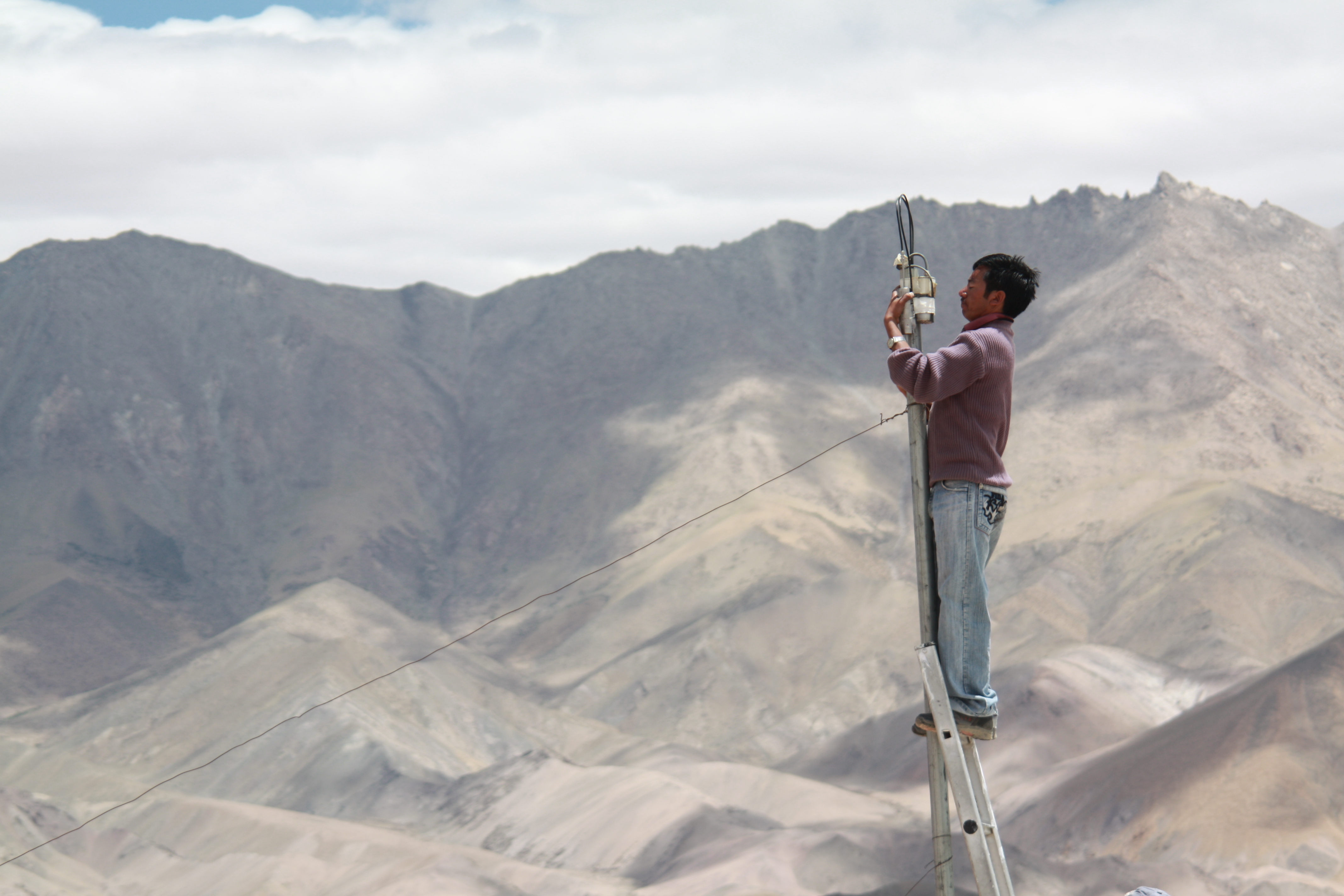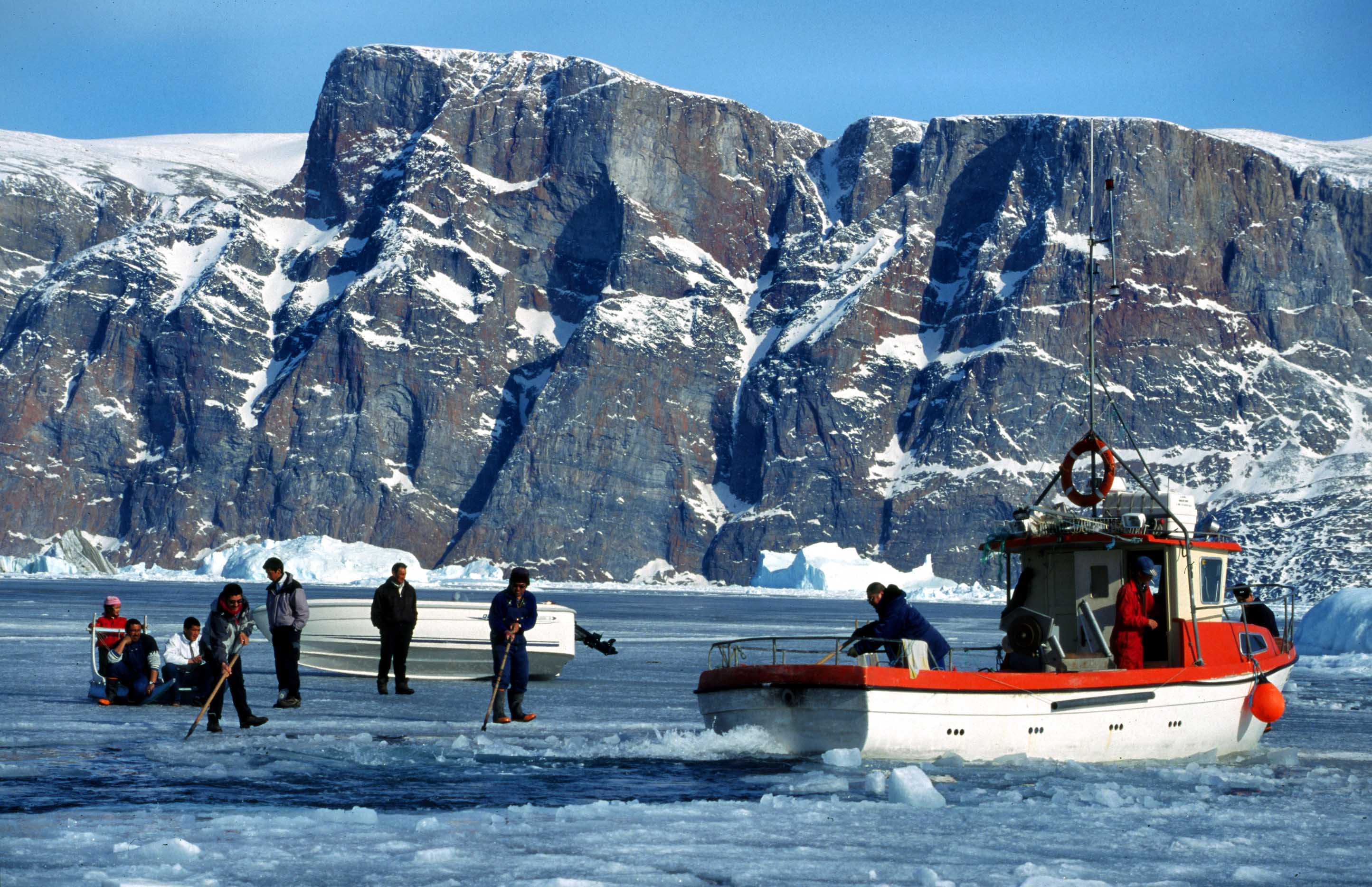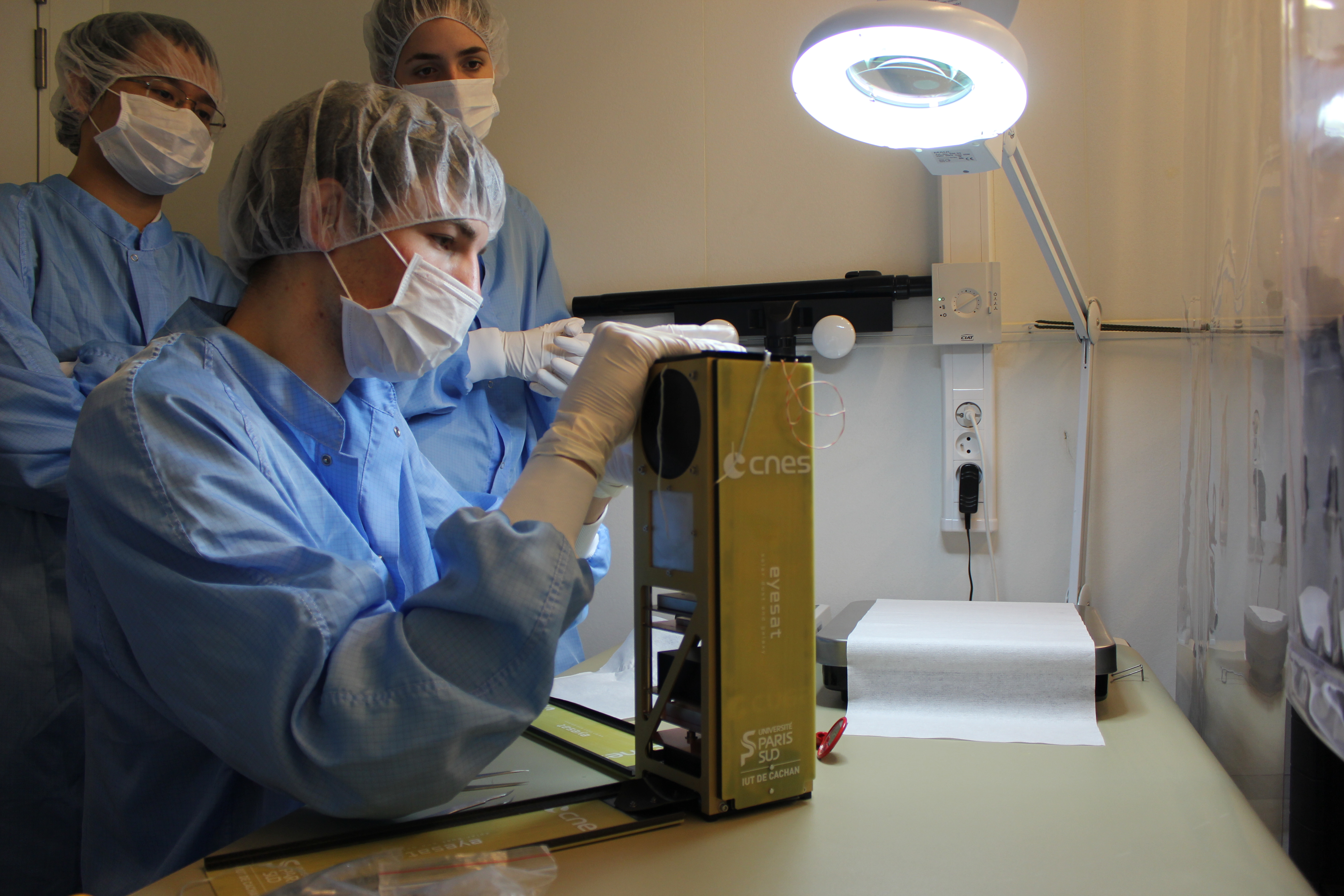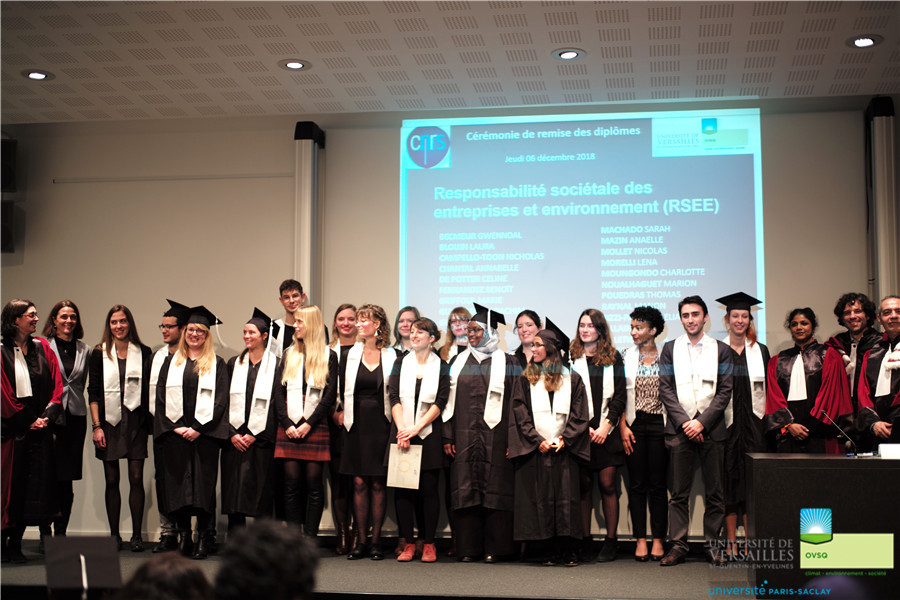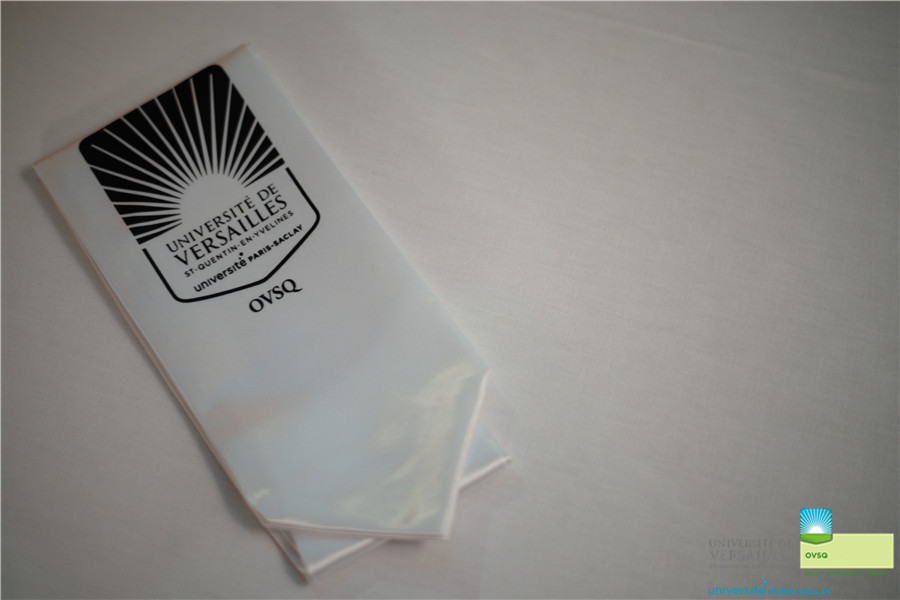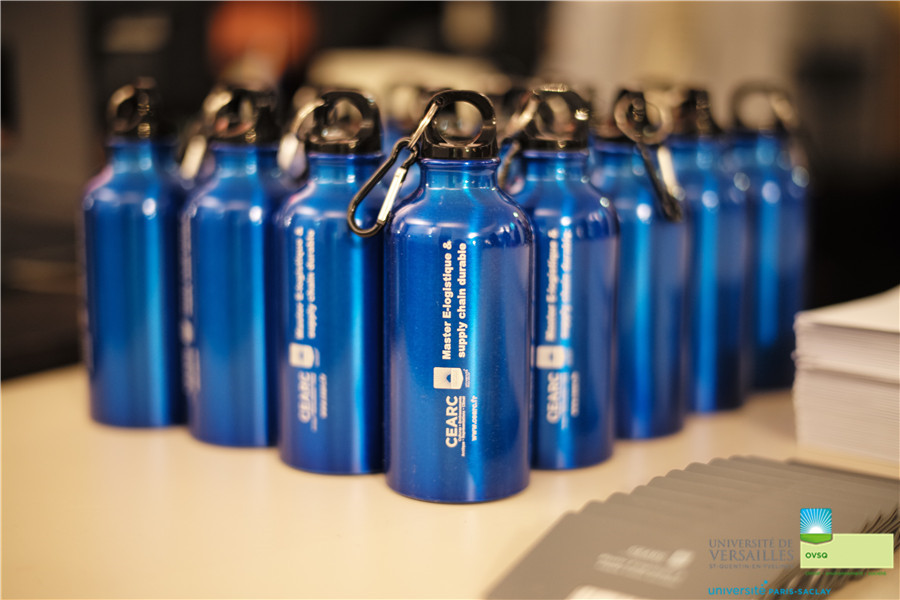Observation
OVSQ coordinates the national observation services (NOS), NDACC and ICOS. It also manages shared resources, including a platform for integration and testing, the PIT, and data platforms for certain space missions.
Communication
The observatory is open to the general public through participation in national events such as the European Heritage Days (Journées Européennes du Patrimoine) and the Science Fair (Fête de la Science). Explaining our research topics and activities and opening the doors of our laboratories are essential steps to fulfil our public service obligations.
OVSQ proposes a series of conferences open to the general public called OVSQ Fridays on a wide variety of themes ranging from our research activities (space, climate, the environment, etc.) to gender equality, arts and science initiatives, and updates from our laboratories. These conferences take place throughout the year and allow us to welcome a wide variety of audiences.
The cross-cutting themes of OVSQ
History of the environment (G. Quenet): Relationships of societies with their environment as they evolve over time
Arctic Network (A. Lavrillier, J-D Paris): The environment and societies faced with global changes in the Arctic
Health and the Environment (Y. Remvikos): Pollution - Health, UV radiation - Health, Public health policies[1]
Arts and Sciences (J.P. Vanderlinden): Integrated approaches to scientific and artistic initiatives
Adaptation to environmental changes ACE-ICSEN (S. Godin-Beekmann): Study of adaptation processes to global changes by living organisms, environments and human activities
The Observatory is a key player in ensuring expertise in decision-making on environmental policy.



